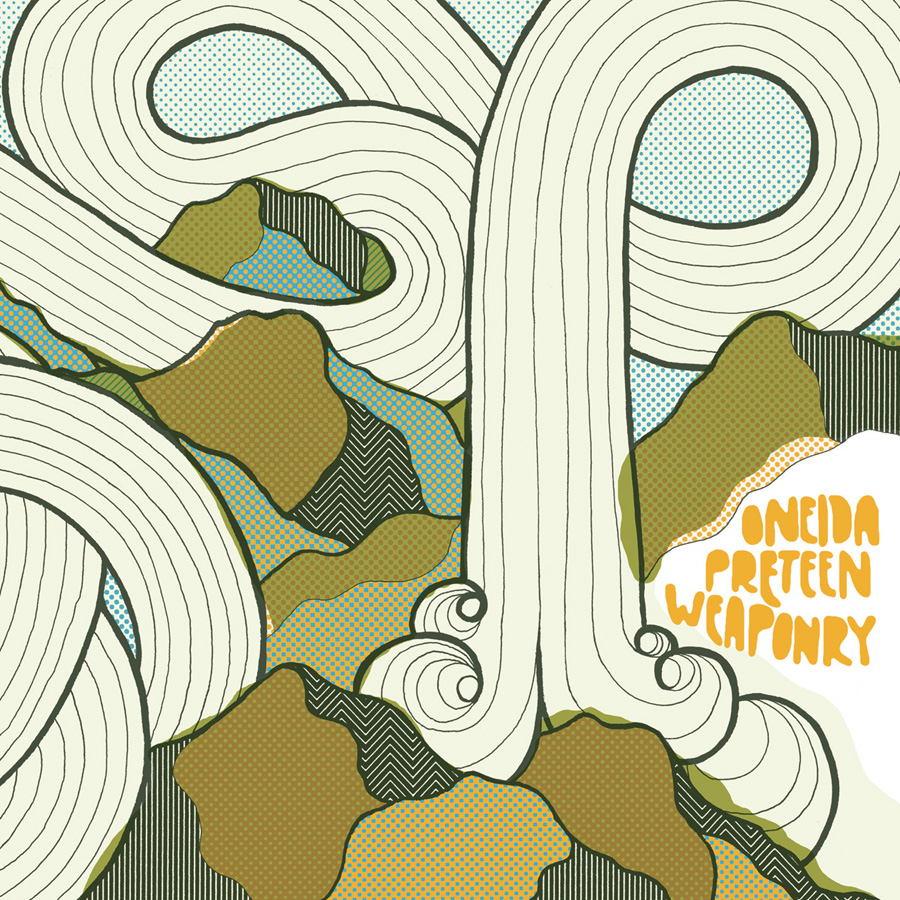
Robyn Hitchcock & The Egyptians --
Luminous Groove (Yep Roc)There’s a time when I might have said that Robyn Hitchcock is a true immortal, someone who belongs up there in the pantheon of all-time greats. His surreal lyrics and keen melodic sense, combined with his mastery of all things Barrett, Dylan, Beatles and Byrds certainly bears the stamp of a classic artist.
But as time went on, he released some duff efforts, and the narrowness of his artistry became all the more apparent. By the time Robyn and The Egyptians came out with
Perspex Island, I found myself a bit less interested. His earlier brilliance was unquestioned, but he didn’t seem to have much more to say.
However, Hitchcock has proven me wrong. No, his more recent work doesn’t fully rank with the brilliance displayed on his earliest records, but the narrowness of Hitchcock’s approach has turned into an asset. His odd insights and sublime chord changes still work. When you’re an original (even one who is musically derivative) you can wear really well.
Getting the latest Yep Roc Hitchcock box set has me feeling all warm and fuzzy yet again for Robyn. This time, we get the first three albums he did with The Egyptians, a band that was somewhat of a Kimberley Rew-less Soft Boys reunion. Some of the edge was taken off The Soft Boys approach, with Hitchcock venturing into glistening quirky pop and glistening quirky quirk, among other things.
Fegmania!,
Gotta Let This Hen Out and
Element Of Light are all very strong albums, and have aged much better than the music of some of the band’s contemporaries.
Fegmania! is littered with exceptional songs, from the beguiling opener "Egyptian Cream" to the effervescent "Strawberry Mind"; the silly psych-stomp of "The Man With the Lightbulb Head" to the soaring pop perfection of "Heaven". The album was a great roll out for the Egyptians, whose provided texture and color to Hitchcock’s fabulous songs.
This crack unit then got the chance to attack some of Robyn’s best solo tracks to date, and some Soft Boys chestnuts, on the live
Gotta Let This Hen Out. This is one of the better live albums ever released, as the band infuses the solo songs with power, and plays with such fluidity. Songs like "America" and "Sometimes I Wish I Were A Pretty Girl" realize their full potential (and the studio versions weren’t shabby), and the performance of "Heaven" is definitive.
The third album,
Element Of Light, was not quite as well-regarded as the other two, but damned if I can figure out why. The album is less aggressively whimsical as portions of
Fegmania!, and shows real growth and ambition. The drama of "Lady Waters & The Hooded One" and the sighing languid "Winchester" were great additions to Hitchcock’s bag of tricks. Whether the outright John Lennon ripoff "Somewhere Apart" was necessary is up for debate, but it’s still a fun song. And "Raymond Chandler Evening" is one of Hitchcock’s most poignant numbers.
All of these albums have been reissued separately with a slew of bonus cuts. But for only a few bucks more, if you’re fan enough, this box is the way to go.
Bad Case Of History is a two-disc set -- one disc of studio outtakes and one disc of live stuff. The live disc is fantastic, because it covers a lot of Robyn and The Egyptians’s major label work. That A & M period yielded the solid and accessible
Globe Of Frogs, the uneven, but intriguing,
Queen Elvis, the too slick Paul Fox-produced
Perspex Island, and the sadly overlooked gem (and swansong)
Respect.
There are some great renditions of songs from all of those albums, such as a lovely "Wax Doll", the hyper-poppy "So You Think You’re In Love", the sad "Railway Shoes" and "The Wreck of The Arthur Lee", one of Hitchcock’s most dazzling compositions. There are also a couple of covers -- The Byrds’ "Eight Miles High" and Bob Dylan’s "Chimes of Freedom". The live disc is a winner.
The studio side also yield some gems and, perhaps just as importantly, no real embarrassments. For the most part, as borne out by both this disc and the studio outtakes on the
Fegmania! and
Element Of Light discs, Hitchcock does a pretty good job of figuring out what should go on an album and what shouldn’t. Maybe "Hanging Out With Dad" and "Live Man Die" were worthy, but maybe they didn’t fit within a particular album’s structure.
While listening to this disc, I was struck how fine the line can be between a good song and a merely listenable one. A number of these outtakes superficially sound swell, but they lack an extra twist, a bit better melody, or a hook with enough...hook to be really terrific. Maybe Hitchcock has been too free with releasing his rejects, but they really put the creative process in perspective. And they only increase my admiration for his consummate songwriting talent.
 Last night, My Bloody Valentine played its only Midwest gig at the old Aragon Ballroom in Chicago. Back when the show was announced and my friend Elizabeth asked me if I wanted a ticket, it was easy to say yes. MBV's Loveless was such a watershed record, how could I pass it up?
Last night, My Bloody Valentine played its only Midwest gig at the old Aragon Ballroom in Chicago. Back when the show was announced and my friend Elizabeth asked me if I wanted a ticket, it was easy to say yes. MBV's Loveless was such a watershed record, how could I pass it up?















